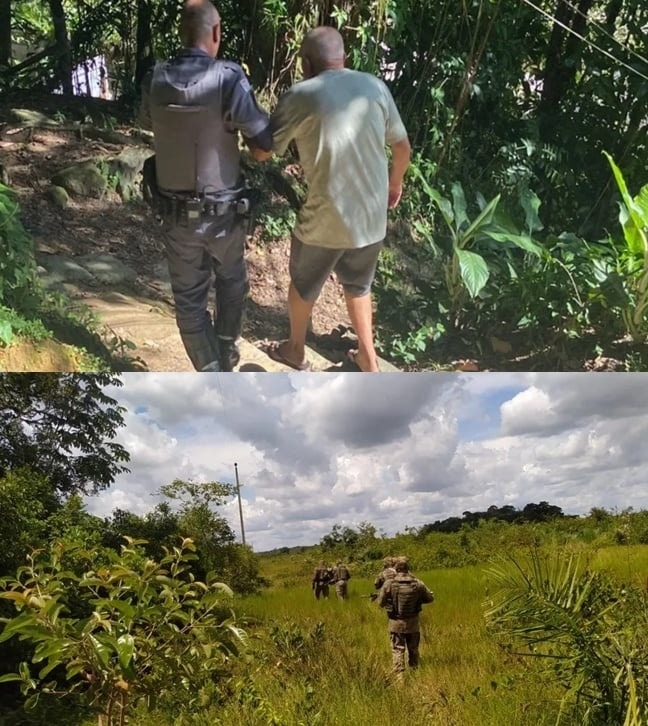“Can’t wait to see you. Don’t be nervous.”
But she never appeared.
Instead, a black SUV rolled in. Two large men stepped out, scanning the lot until their eyes landed on him. Their posture didn’t feel casual — it felt calculated.
One asked, “Are you Tom?”
His stomach dropped. The man’s tone wasn’t curious. It was cold. Intentional.
“Yes,” he answered softly — though every instinct screamed that this was wrong.
The second man stepped forward. “You’re meeting our niece?”
What followed was a blur. They claimed he’d been talking to a minor. They accused him of wrongdoing. They insisted they had “screenshots.” They said they could call the police. Nothing they said made sense, but panic overwhelmed him so fast he could barely think.
He’d never broken a law in his life. He’d never harmed anyone. The accusation alone was enough to paralyze him.
Then came the threat disguised as a solution:
“We can make this go away. But you need to cooperate.”
And that’s when the truth hit him — he had been trapped. There was no niece. No connection. No misunderstanding. It was a classic scam: intimidate an older, isolated person into handing over money.
Shaking, he backed toward his car. By sheer instinct, he managed to get inside, lock the doors, and drive away before they reached him.
When he arrived home, he sat in his driveway for almost an hour before gathering the courage to call the police. Officers listened carefully — and immediately recognized the pattern. He wasn’t alone. Far from it. They told him he’d been targeted because scammers know exactly how to exploit loneliness and trust.
The shame hit him hard. Not because he’d done anything wrong, but because he felt foolish for believing someone cared. The officers reminded him — this wasn’t his failure. This was manipulation, intentionally designed to trick decent people.
Detectives later confirmed the profile photo was stolen and the account had been used for multiple scams. They assured him he made the right choice by reporting it.
In the weeks that followed, he took steps to protect himself — stronger passwords, safer online habits, and a promise to never meet someone without verification. Slowly, he started talking about the experience, realizing how many others had been targeted too.
He didn’t let the ordeal break him. He didn’t let fear take over. And he certainly didn’t let the scammers define the rest of his life.
Eventually, he found real connection again — through a local senior community group, where everyone used their real names and shared their real stories. It wasn’t romance, and it didn’t need to be. It was safe, human, and genuine.
He may have been a victim once, but he refused to remain one.
He chose hope — just with wiser eyes this time.
Have you ever seen or heard of scams like this?
Share your thoughts or experiences below — your comment could help someone else stay safe.
